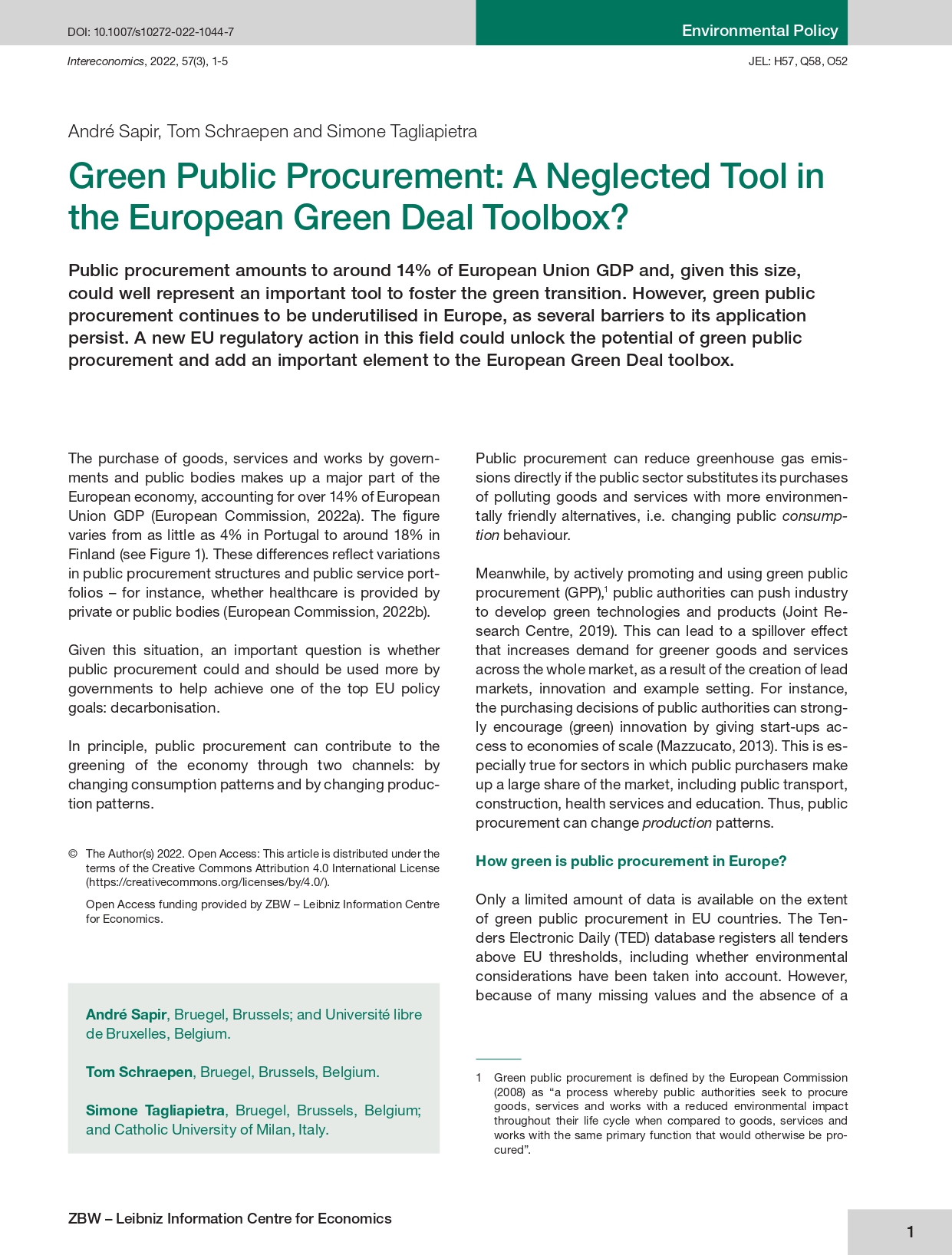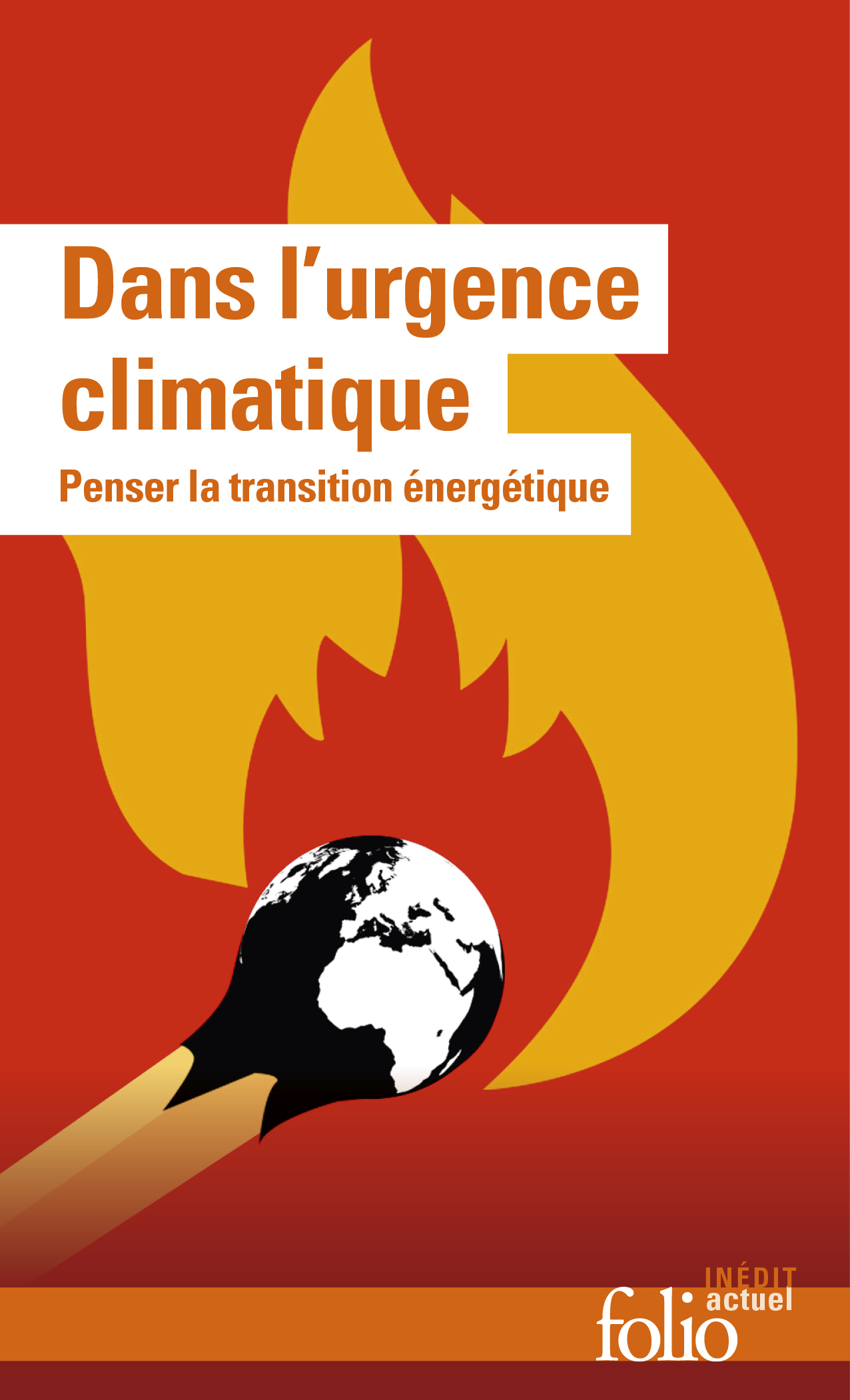Opinion
The EU can’t separate climate policy from foreign policy
How to make the European Green Deal succeed.
The European Union’s goal of climate neutrality by 2050 is not only a revolutionary exercise in shifting the continent’s energy, consumer and travel habits. It also entails tectonic shifts in Europe’s foreign policy and diplomatic relations.
Today, around 70 percent of the EU energy mix continues to be based on fossil fuels, while renewables contribute less than 15 percent. This situation will change completely over the next 30 years, if the European Green Deal is successful.
A massive drop in fossil-fuel consumption will restructure the EU’s relationships with major suppliers including Russia, Algeria, Azerbaijan, Kazakhstan and Libya, whose economies depend heavily on energy exports to the EU. The end of Europe’s fossil-fuel dependency would adversely affect their economies and could even destabilise their governments. And because Europe accounts for about 20 percent of global crude oil imports, a steep drop in EU demand would also affect the global oil market by depressing prices, hurting even producers such as Saudi Arabia that export relatively little energy to EU.
In a recent study, we outlined how the geopolitical effects of the European Green Deal will also be felt beyond energy markets. European industries worry about their competitiveness against foreign peers, because they will have to pay higher carbon prices and comply with more stringent environmental laws. The European Green Deal would protect such firms by introducing a so-called border adjustment mechanism or tariff on imported goods based on their carbon content, equivalent to the domestic carbon price. Such a measure will inevitably have repercussions for global trade flows and geopolitics.
While some countries will be disadvantaged by the European Green Deal, others will benefit. A greener Europe would need to import more clean-energy products and inputs. China would benefit since it dominates the market for so-called rare earth minerals, which are essential for wind turbines, electric vehicle motors and applications in other clean tech fields. Moreover, even if the EU reduces its fossil-fuel use, it will remain a major energy importer. That energy will now have to come from renewable electricity and green hydrogen, which might be imported from countries with strong solar and wind energy potential, including Algeria and Morocco.
The EU needs to understand these geopolitical risks and prepare a foreign policy strategy to manage them. This strategy needs to include both actions to manage the direct geopolitical repercussions of the European Green Deal, and actions to foster EU global green leadership.
Measures in the first category would primarily involve helping neighbouring oil and gas-exporting countries prepare for EU decarbonisation. The EU should work with these countries on their economic diversification, including into renewable energy and green hydrogen that could in future be exported to Europe. If it fails to do so, other investors, particularly China, will step in and likely reinforce these countries worst instincts when it comes to economic diversification and political pluralism.
The EU must also improve the security of its critical raw materials supply and limit dependence, first and foremost on China. Essential measures include greater supply diversification, increased recycling volumes and substitution of critical materials. Finally, to the EU must work with the United States and other partners to establish a ‘climate club’, whose members will apply similar carbon border adjustment measures. All countries, including China, would be welcome to join if they commit to abide by the club’s objectives and rules.
To be the global leader in climate action, the EU should aim to become a global standard-setter for the energy transition, particularly in hydrogen and green bonds. Requiring compliance with strict environmental regulations as a condition to access the EU market will be strong encouragement for all trade partners to go green. Furthermore, the EU should export the European Green Deal through sustainable energy investment in developing countries. This is a relatively inexpensive way of combatting climate change , it would help EU companies enter rapidly growing markets, and it would boost economic development and diversification in partner countries. The EU should also promote global coalitions for climate change mitigation, for example through a global coalition for the permafrost and a global coalition for CO2 emissions removal.
Together, these actions make up a foreign policy framework for the European Green Deal. They respond to the geopolitical challenges other countries are likely to face from the Green Deal and from increasing global warming more generally, and offer ways to expand the decarbonisation push beyond the EU – which will be a necessary to the European Green Deal’s success.
Republishing and referencing
Bruegel considers itself a public good and takes no institutional standpoint.
Due to copyright agreements we ask that you kindly email request to republish opinions that have appeared in print to [email protected].
















